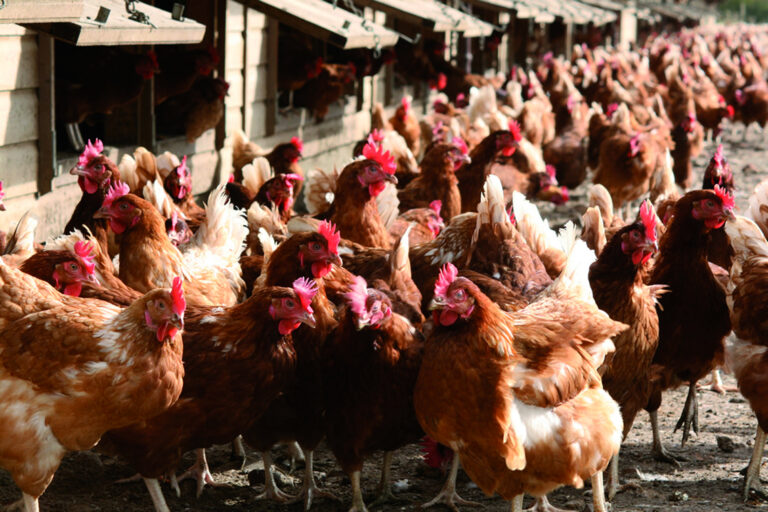Poultry keepers across the United Kingdom have been urged to be vigilant of Newcastle Disease following reported cases in flocks across Europe.
Recent cases in Belgium, Netherlands and Luxembourg has led to the Animal and Plant Health Agency (APHA) experts have advised that the risk of the disease in UK flocks has risen from ‘low’ to ‘medium’.
Newcastle Disease is caused by a virulent strain of paramyxovirus and can be spread through direct contact with the bodily fluids of infected birds. It can cause severe losses in certain poultry species, including commercial, specialist breeds and pet chickens and other captive and wild birds, including racing pigeons.
Public Health England advise the risk of Newcastle Disease affecting people is very low.
Christine Middlemiss, UK Chief Veterinary Officer, said: “The Animal and Plant Health Agency experts have advised that the risk of disease has risen to ‘medium’ following reports of Newcastle Disease in mainland Europe.
“I urge all poultry keepers – whether of commercial, smallholder flocks or specialist breeds or pet chickens – to remain vigilant to the clinical signs of this disease, and urge them to put in place strong biosecurity measures to ensure the health and welfare of their birds.”
Poultry species that are affected by Newcastle Disease may show the following clinical signs:
- Respiratory distress, such as gaping beak, coughing, sneezing, gurgling and rattling
- Nervous behaviour, such as tremors, paralysis and twisting of the neck
- Unusually watery faeces that are yellowish-green in colour
- Depression and a lack of appetite
- Produce fewer eggs which could be misshapen and soft-shelled
If a bird keeper suspects that their birds may be infected with Newcastle Disease, they should contact their private vet and the APHA immediately.
There are several precautions poultry keepers can follow to further minimise the risk to their birds, including:
- Ensuring, where appropriate, their birds have been vaccinated against the disease.
- Implementing strict biosecurity measures on their premises, including using disinfectant foot baths and reducing visitors to the birds.
- Thoroughly cleaning vehicles, equipment, clothing, boots that have been in contact with birds.
- Feeding and watering should be under cover and kept away from wild birds.
- Washing their hands with soap and water after handling their own birds.


